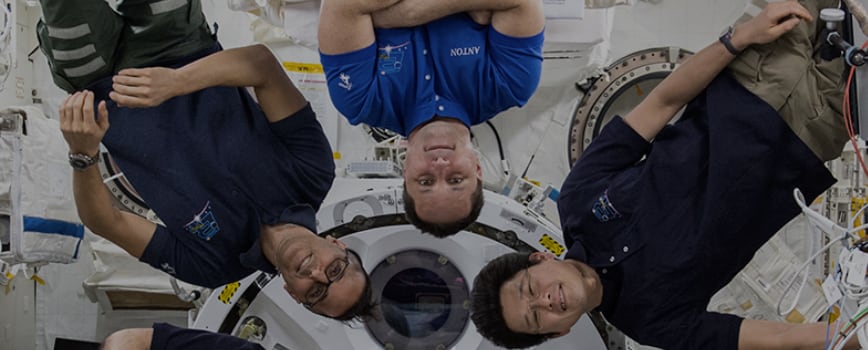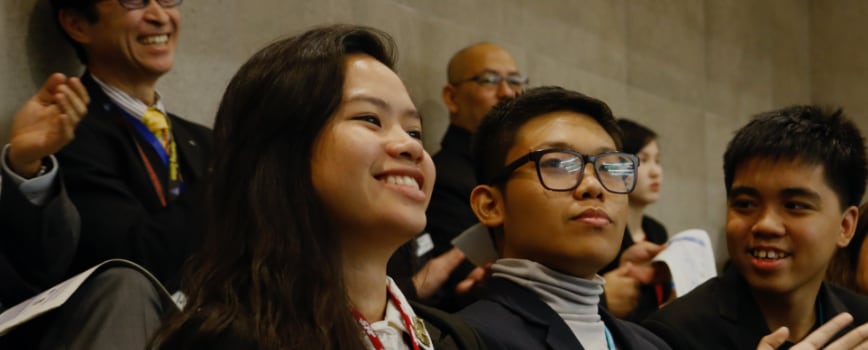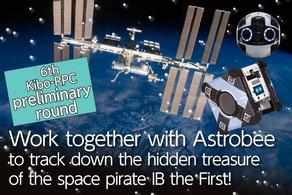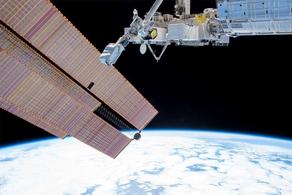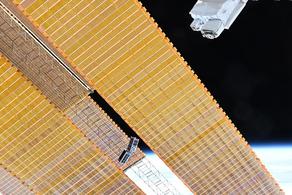- Announcements
Report on the Space Frontier Working Group (SFWG) at the 29th Asia-Pacific Regional Space Agency Forum (APRSAF)
- Experiment at Kibo
- Kibo Utilization Office for Asia (KUOA)
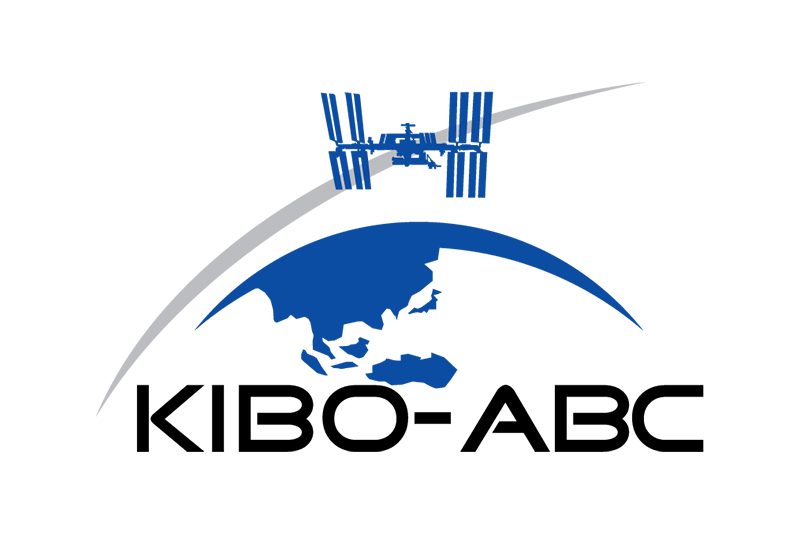
During the 29th Asia-Pacific Regional Space Agency Forum (APRSAF-29) held in Jakarta, Indonesia on September 19-22, 2023, the Space Frontier Working Group (SFWG) was held on September 19 and 20, chaired by Dr. SUNGGING Emanuel, Head of Research Center for Space, of Indonesia's National Research and Innovation Agency (BRIN) and Dr. SHIRAKAWA Masaki, Director of Kibo Utilization Center, of Japan Aerospace Exploration Agency (JAXA). A total of 88 participants from 41 organizations in 16 countries/regions attended, including online participants.
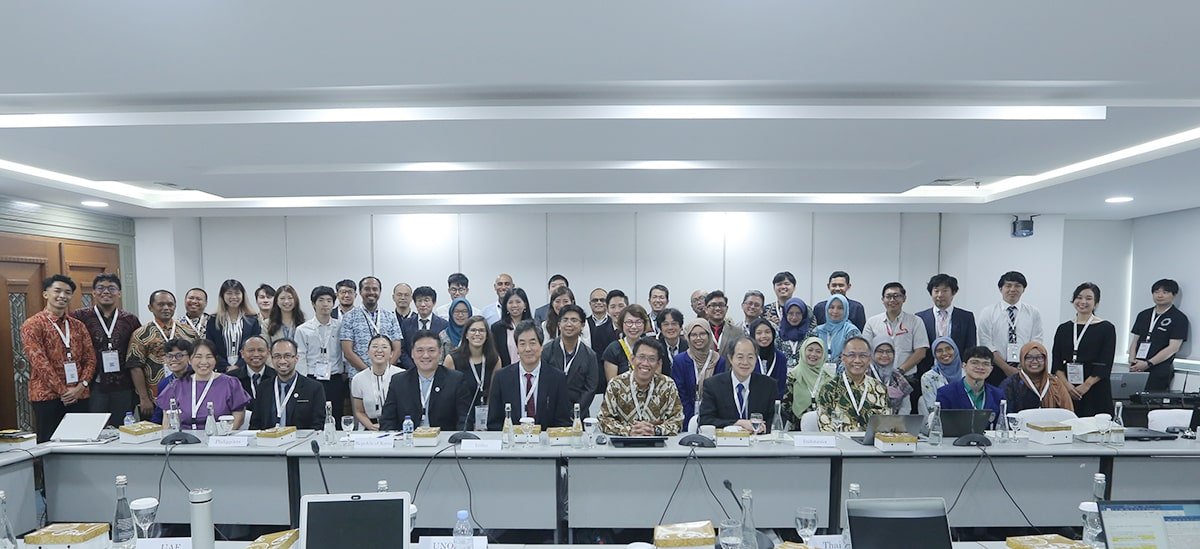
This year also saw presentations from many organizations on the Kibo-ABC program for STEM education, the use of Kibo inside and outside, and international space exploration.
First, reports on space science and technology activities were presented from eight countries and region (Australia, Bangladesh, Indonesia, Japan, the Philippines, Singapore, Taiwan, and Thailand). Each country and region reported on the launch, operation, and utilization of CubeSats, plans for future space exploration, and activities using Kibo module. In recent years, space agencies have been restructured in many countries/region, and there were many reports on these structures.
Kibo Onboard Activity Session
In addition, there was a report on the mission carried out by the UAE astronaut who conducted a successful ISS long-duration mission this year.
First, the KiboCUBE by UNOOSA and J-CUBE by UNISEC were introduced as a CubeSat deployment framework using JEM Small Satellite Orbital Deployer (J-SSOD). As instances, presentations were made on Surya Satellite-1 (SS-1) in Indonesia, BIRDS-4S (Maya-5, Maya-6) in the Philippines, and CubeSat development with international collaborations at the Kyushu Institute of Technology. Other presentations included satellite launch and deployment projects, and the use of Kibo's Exposed Facility by service providers (private companies).
Session on Using Kibo as a Technology Demonstration Site for Lunar and Mars Exploration
JAXA reported on the health support for the human body on the ground and the effects on the human body during future space exploration, obtained from experiments under different gravity environments. There was also a report on a research plan using the Post Flight Rodent sample-sharing agreement between JAXA and GISTDA in Thailand.
International Space Exploration Session
Presentations and round table discussions, as the new endeavor, were made by representatives of JAXA, ISRO (Indian Space Research Organization), KARI (Korea Aerospace Research Institute), and BRIN (Indonesia’s National Research and Innovation Agency) / ITB (Bandung Institute of Technology). Lively discussions were held on how to utilize the strengths and technologies of each country and region in a cooperative framework to find new value in international space exploration.
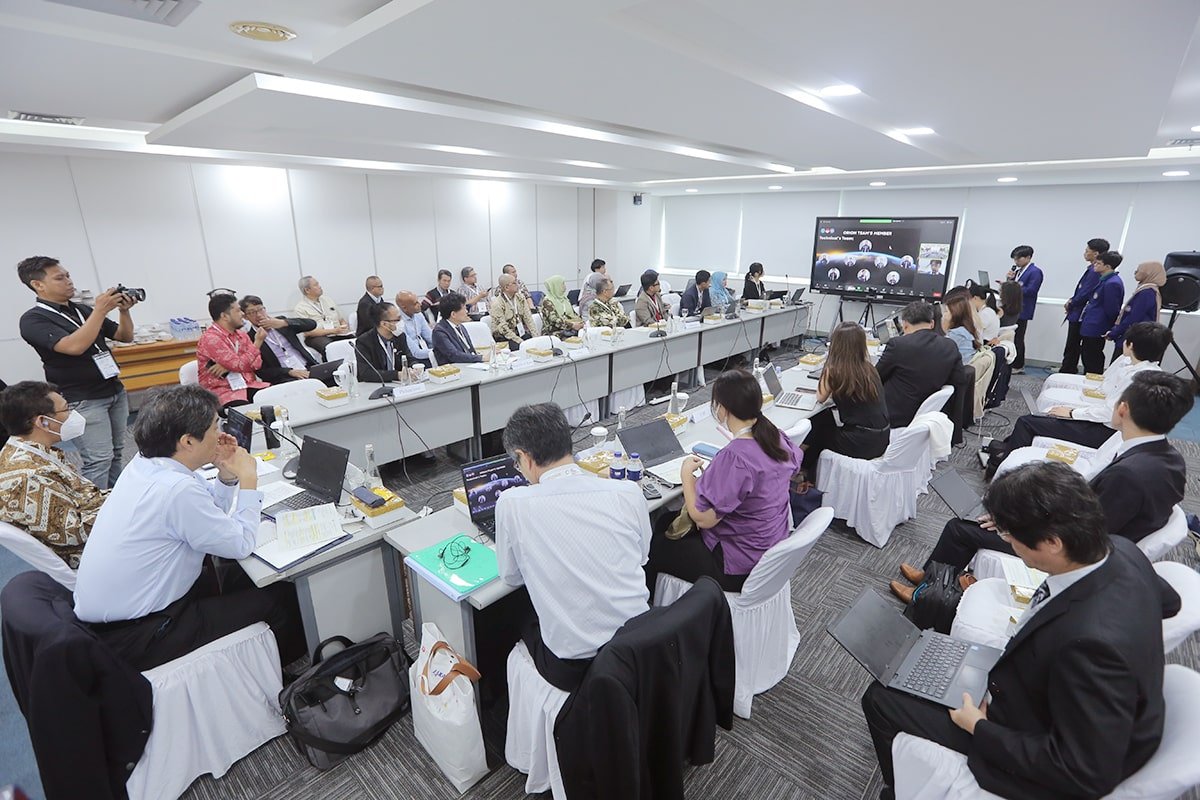
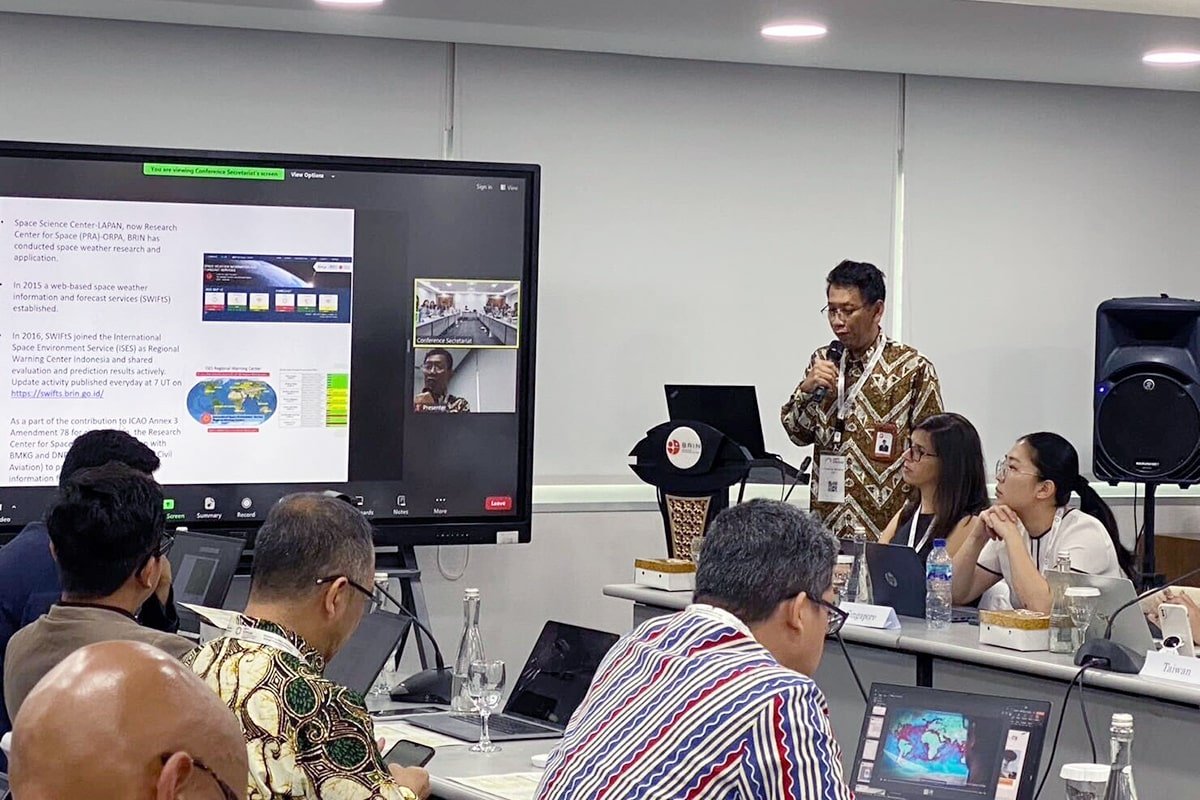
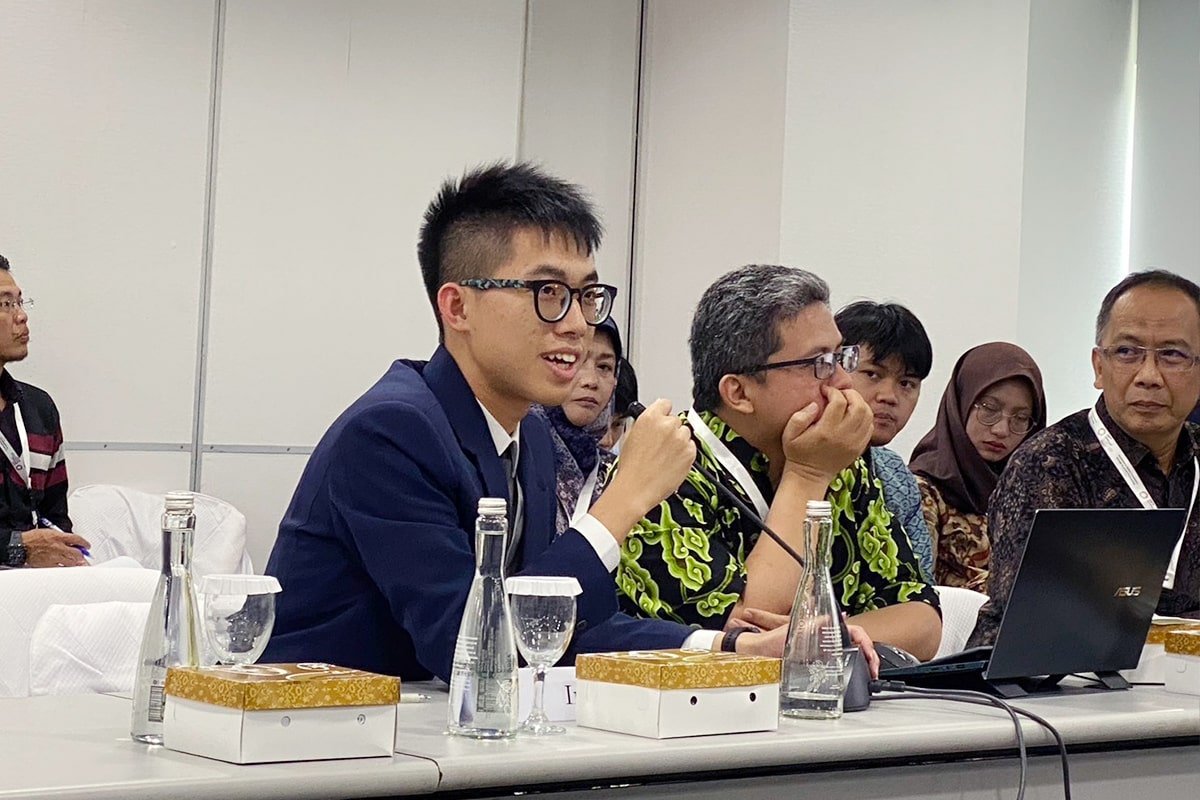
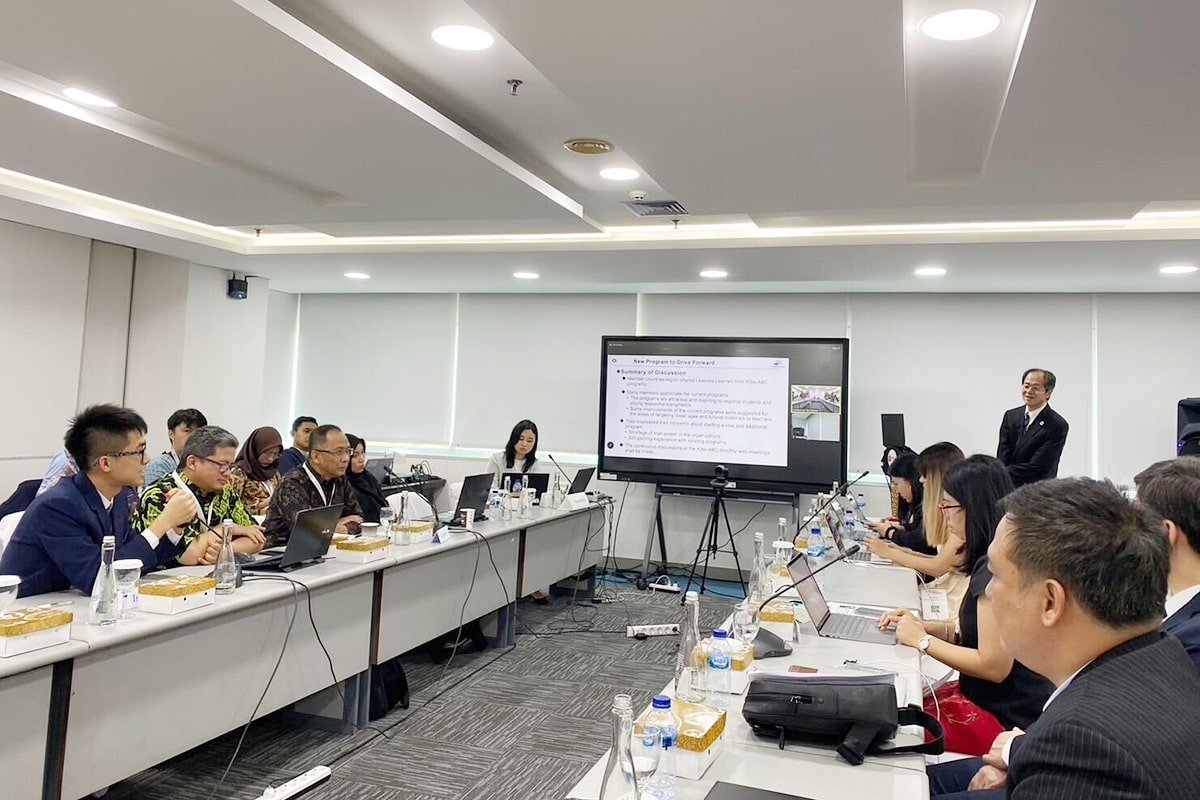
Figure 2: SFWG meeting
SFWG Information
| Date | September 19 and 20, 2023 10:00~16:40 (West Indonesian Time, UTC+7) |
| Agenda | SFWG AgendaPDF |
| Number of participating countries/region | 16 countries/region, 41 organizations |
| Number of participants | 88 (including online participants) |
Unless specified otherwise, rights to all images belong to ©JAXA




